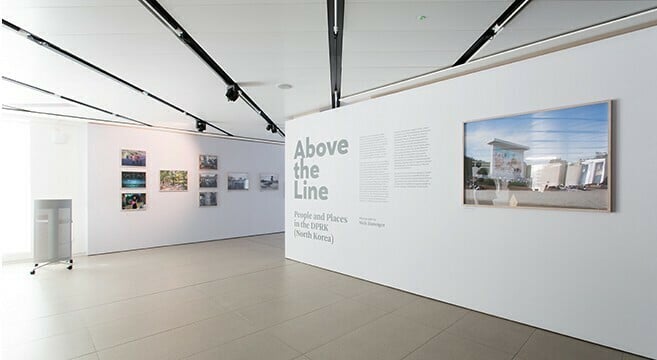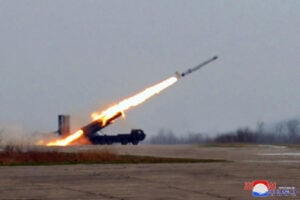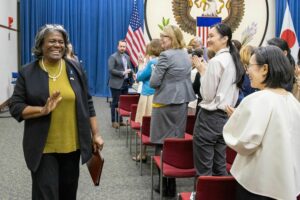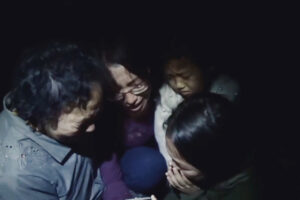Since Britain established diplomatic relations with the Democratic People’s Republic of Korea (North Korea) in December 2000, the number of substantive exchanges between the two countries has been somewhat limited. A program to supply staff to train English teachers in Pyongyang began just before the formal establishment of relations and has continued in a slightly expanded form ever since. Funded by the Foreign Office, the scheme was ran and monitored by the British Council. To complement it, groups of interpreters, liaison officers and similar staff from the Ministry of Foreign Affairs, the Ministry of Health and other bodies were brought to Britain for short-term courses to improve their language skills.
Both of these have been highly regarded by those who directly benefit from them. Those who have come to Britain are usually very proud of the fact that they have been selected and tend to have very positive memories of their time here. A member of one group told me that they called themselves “The Eastbourne Boys” after the town where they had studied. Others fondly recalled incidents such as playing football against a team from South Korea or being addressed as “dear” in the shops.
Since Britain established diplomatic relations with the Democratic People’s Republic of Korea (North Korea) in December 2000, the number of substantive exchanges between the two countries has been somewhat limited. A program to supply staff to train English teachers in Pyongyang began just before the formal establishment of relations and has continued in a slightly expanded form ever since. Funded by the Foreign Office, the scheme was ran and monitored by the British Council. To complement it, groups of interpreters, liaison officers and similar staff from the Ministry of Foreign Affairs, the Ministry of Health and other bodies were brought to Britain for short-term courses to improve their language skills.
Both of these have been highly regarded by those who directly benefit from them. Those who have come to Britain are usually very proud of the fact that they have been selected and tend to have very positive memories of their time here. A member of one group told me that they called themselves “The Eastbourne Boys” after the town where they had studied. Others fondly recalled incidents such as playing football against a team from South Korea or being addressed as “dear” in the shops.
Become a member for less than $4 per week.
Unlimited access to all of NK News: reporting, investigations, analysis
The NK News Daily Update, an email newsletter to keep you in the loop
Searchable archive of all content, photo galleries, special columns
Contact NK News reporters with tips or requests for reporting
Get unlimited access to all NK News content, including original reporting, investigations, and analyses by our team of DPRK experts.
Subscribe now
All major cards accepted. No commitments – you can cancel any time.










